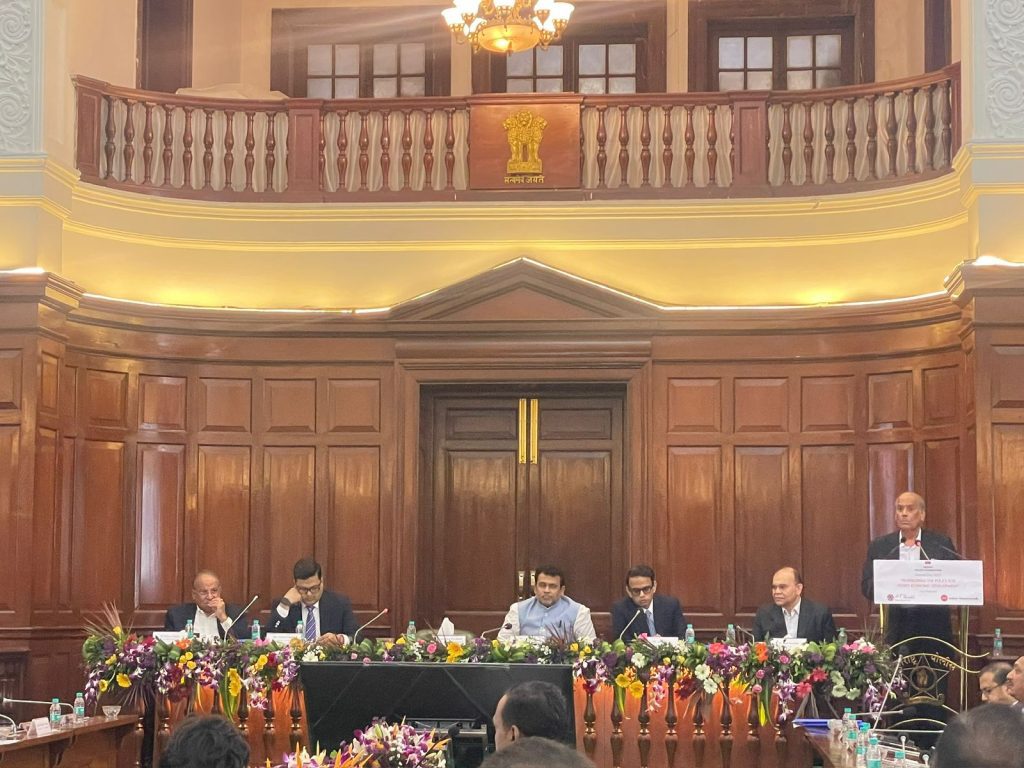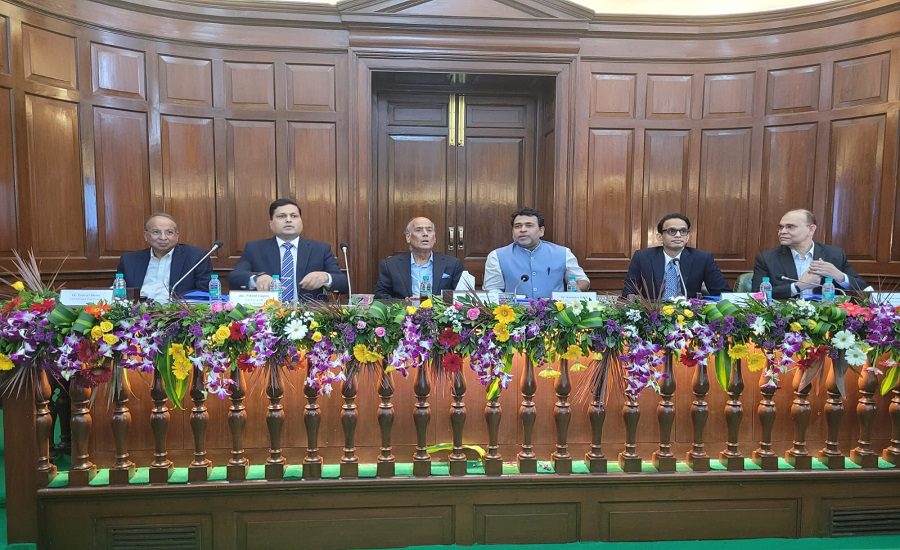Mumbai: The 10th anniversary conference of the Indian Police Foundation held in partnership with Indian Masterminds has set a powerful tone by with a session titled “Policing for Building Trust & Stability in Investment Ecosystems.” The discourse wove together perspectives from law enforcement, energy, finance, and private equity, highlighting that governance, innovation, and public confidence are integral to India’s growth narrative.
The Indian Police Foundation , a think tank dedicated to police reform, capacity building, and policy advocacy, fosters partnerships between police, scholars, civil society, and practitioners. At this milestone event in Mumbai, under the banner “Reimagining Policing for India’s Economic Development,” the emphasis was clear: effective policing and investor confidence are mutually reinforcing. The conference featured two signature sessions – one on trust and investment, the other on securing digital frontiers through public-private collaboration.
Moderator & Strategic Direction was moderated by Kanhaiya Singh, Co-Founder of Indian Masterminds and Shreshth Bharat Media Network, the session navigated deep linkages between policing reforms and capital flows. Singh’s facilitation drew out probing questions around accountability, governance, public perception, and systemic reforms that connect law enforcement to broader development goals. 
Law Enforcement Voice was of Dr. Nikhil Gupta. Representing policing, Dr. Nikhil Gupta, IPS, Additional Director General (Law & Order), Maharashtra, anchored the discussion with the premise that security and stability are foundational to investor confidence. He emphasized a shift from brute-force models toward adaptive, empathetic, and predictive policing – urging training in negotiation, de-escalation, procedural fairness, community engagement, data analytics, and ethical decision-making.
Beyond Gupta, the panel featured IPS officers and policy experts (e.g. Niket Kaushik) who engaged with Singh’s questions regarding transparency, citizen trust, and institutional accountability. Their contributions explored mechanisms such as complaint redressal, performance audits, and community–police partnerships as levers to boost legitimacy. 

Corporate and Financial Thought-Leaders
From the corporate world, Dr. Praveer Sinha (CEO & MD, Tata Power) discussed India’s ambitious energy transition and stressed that regulatory clarity and consistency are non-negotiables for long-term capital deployment. Mr. Sunil Sanghai, with decades in global M&A, highlighted that transparent regulation and credible enforcement anchor capital markets and foreign investor trust. Mr. Amit Jain (Carlyle India) brought in private equity’s angle – underscoring that modern investors demand governance, predictability, digital maturity, and strong institutional frameworks as much as returns.
Key Themes & Implications from the Discussion
• Trust as infrastructure: The discussion stressed that public trust isn’t intangible – it’s a form of infrastructure supporting economic activity.
• Policing beyond crime control: The speakers advocated for policing to be viewed as a service oriented to rights, fairness, and prevention, not just enforcement.
• Data, metrics & accountability: Calls for outcome-based policing, performance tracking, and external oversight emerged repeatedly.
• Collaborative ecosystems: Strong synergies between police, regulators, industry, and civil society were seen as essential to build resilient, investible ecosystems.
• Narrative & legitimacy: The role of media, think-tanks, and public discourse (e.g. through Indian Masterminds) in shaping perceptions and accountability was affirmed.
By centering the session around policing’s role in economic growth, the IPF–Indian Masterminds collaboration elevated the conversation beyond law and order to the heart of nation-building.




























